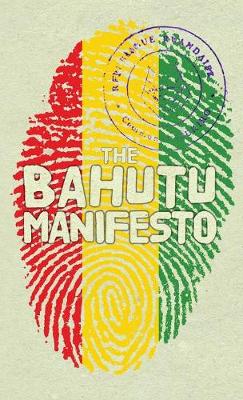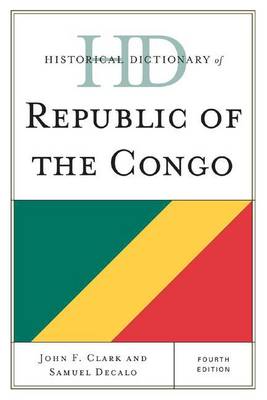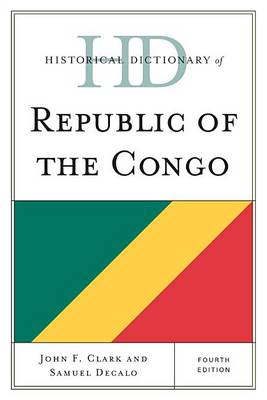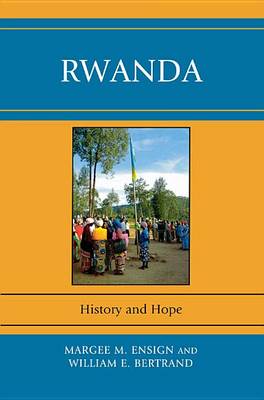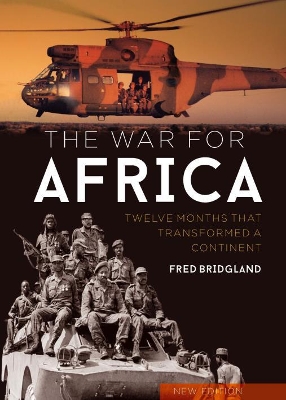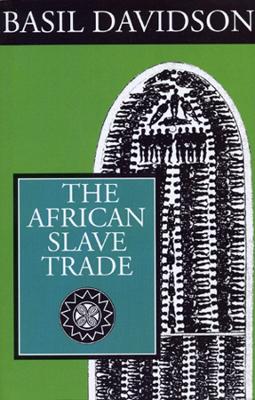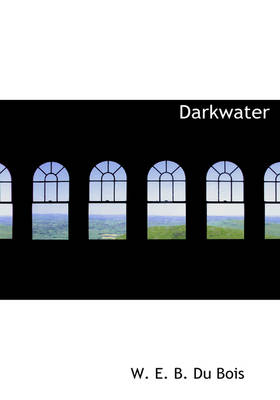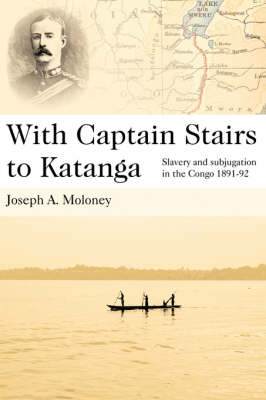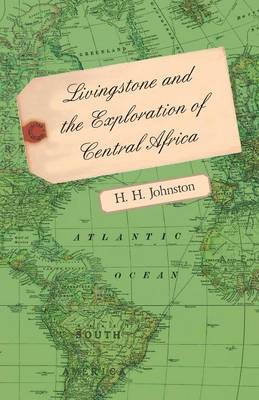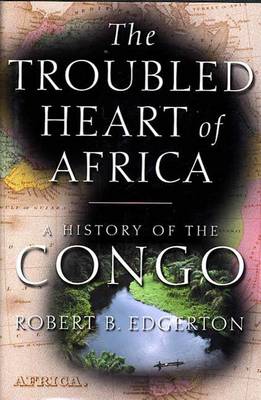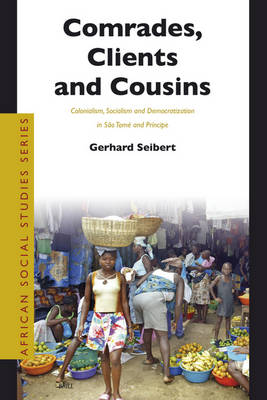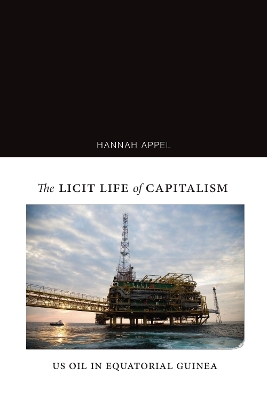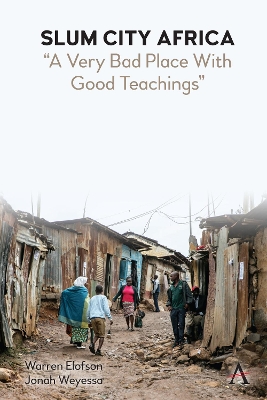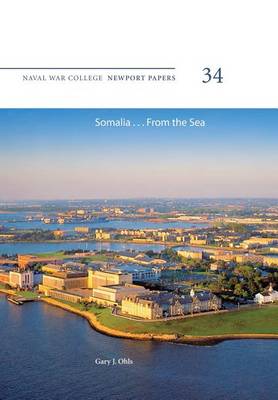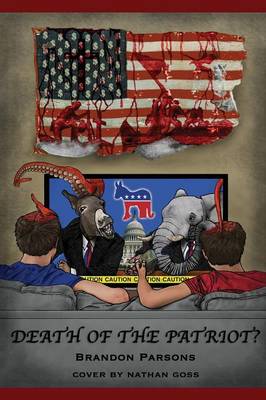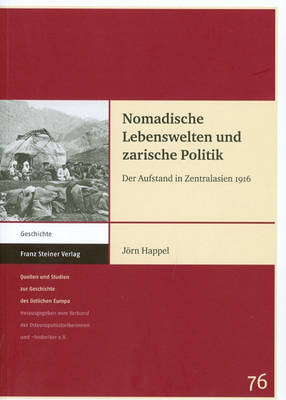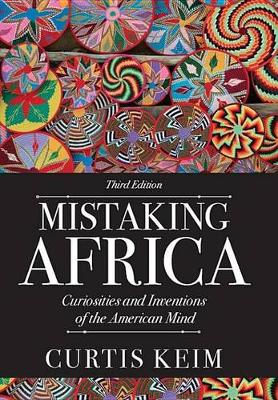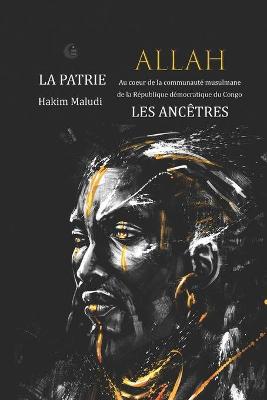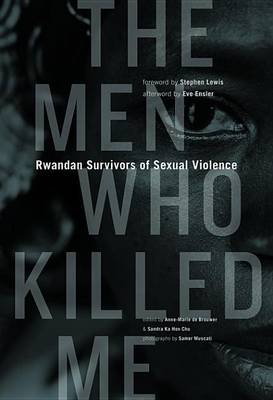Historical Dictionary of Republic of the Congo (Historical Dictionaries of Africa)
by Dr John F Clark and Professor Samuel Decalo
Historical Dictionary of Republic of the Congo (Historical Dictionaries of Africa)
by John F Clark and Samuel Decalo
Imagine a nation with the highest proportion of women legislators in the world. Imagine a country where a democratically elected president is committed to gender equality and poverty reduction, where urban and rural schools are being wired to the Internet, and where the government is committed to becoming a middle-income country by 2020. Imagine that this country is located in the heart of sub-Saharan Africa and that this progress comes in the wake of one of the 20th century's worst genocides. F...
The Angolan Civil War lasted over a quarter of a century, from 1975 to 2002. Beginning as a power struggle between two former liberation movements, the MPLA and UNITA, it became a Cold War struggle with involvement from the Soviet Union, Cuba, South Africa and the USA. This book examines the height of the Cuban-South African fighting in Angola in 1987–88, when 3,000 South African soldiers and about 8,000 UNITA guerrilla fighters fought in alliance against the Cubans and the armed forces of the M...
Basil Davidson states that by examining three important areas of Africa in the history of slavery 'against a general background of their time and circumstance' he was taking 'a fresh look at the oversea slave trade, the steady year-by-year export of African labour to the West Indies and the Americas that marked the greatest and most fateful migration - forced migration - in the history of man.' North America: Times/Random House
First published in 1920, this groundbreaking work by the pioneering African American scholar W. E. B. Du Bois is not only original and probing in its brilliant ideas but also experimental in presentation, ranging from detailed sociopolitical analyses to lyrical and poetic presentations. After an opening autobiographical essay, Du Bois launches a series of critical commentaries on some of the most important issues pertaining to white-black relations. Perhaps the most provocative of these, titled...
An introduction to the geography, people, history, government, resources, and major cities of Gabon.
Comrades, Clients and Cousins (African Social Studies, #13)
by Gerhard Seibert
Colonized in the late 15th century, Sao Tome and Principe were ruled by Portugal for 500 years, one of the longest periods of European domination in colonial history. In fact, during this period the Portuguese colonized the islands twice. Both colonizations were driven by the production of tropical cash crops; however, they occurred under rather different circumstances. Its long history as a plantation colony has made this African archipelago in many aspects more akin to the small Caribbean stat...
The Licit Life of Capitalism is both an account of a specific capitalist project—U.S. oil companies working off the shores of Equatorial Guinea—and a sweeping theorization of more general forms and processes that facilitate diverse capitalist projects around the world. Hannah Appel draws on extensive fieldwork with managers and rig workers, lawyers and bureaucrats, the expat wives of American oil executives and the Equatoguinean women who work in their homes, to turn conventional critiques of ca...
Somalia ... From the Sea (Newport Papers)
by Naval War College Press and Gary J. Ohls
"From January 1991 through March 1995, the United States conducted numerous incursions into Somalia, undertaking a variety of missions and objectives. All of the actions had humanitarian elements, yet the operations that made up this mosaic of American involvement ranged from benign to aggressive, from purely humanitarian to clearly combative. Somalia . . . From the Sea is an account that attempts to explain and analyze these actions and place them within the overarching strategic and operatio...
Politics and the Plague in Early Modern Germany
by Daniel Christensen
For many Americans the mention of Africa immediately conjures up images of safaris, ferocious animals, strangely dressed "tribesmen," and impenetrable jungles. Although the occasional newspaper headline mentions genocide, AIDS, malaria, or civil war in Africa, the collective American consciousness still carries strong mental images of Africa that are reflected in advertising, movies, amusement parks, cartoons, and many other corners of society. Few think to question these perceptions or how they...
